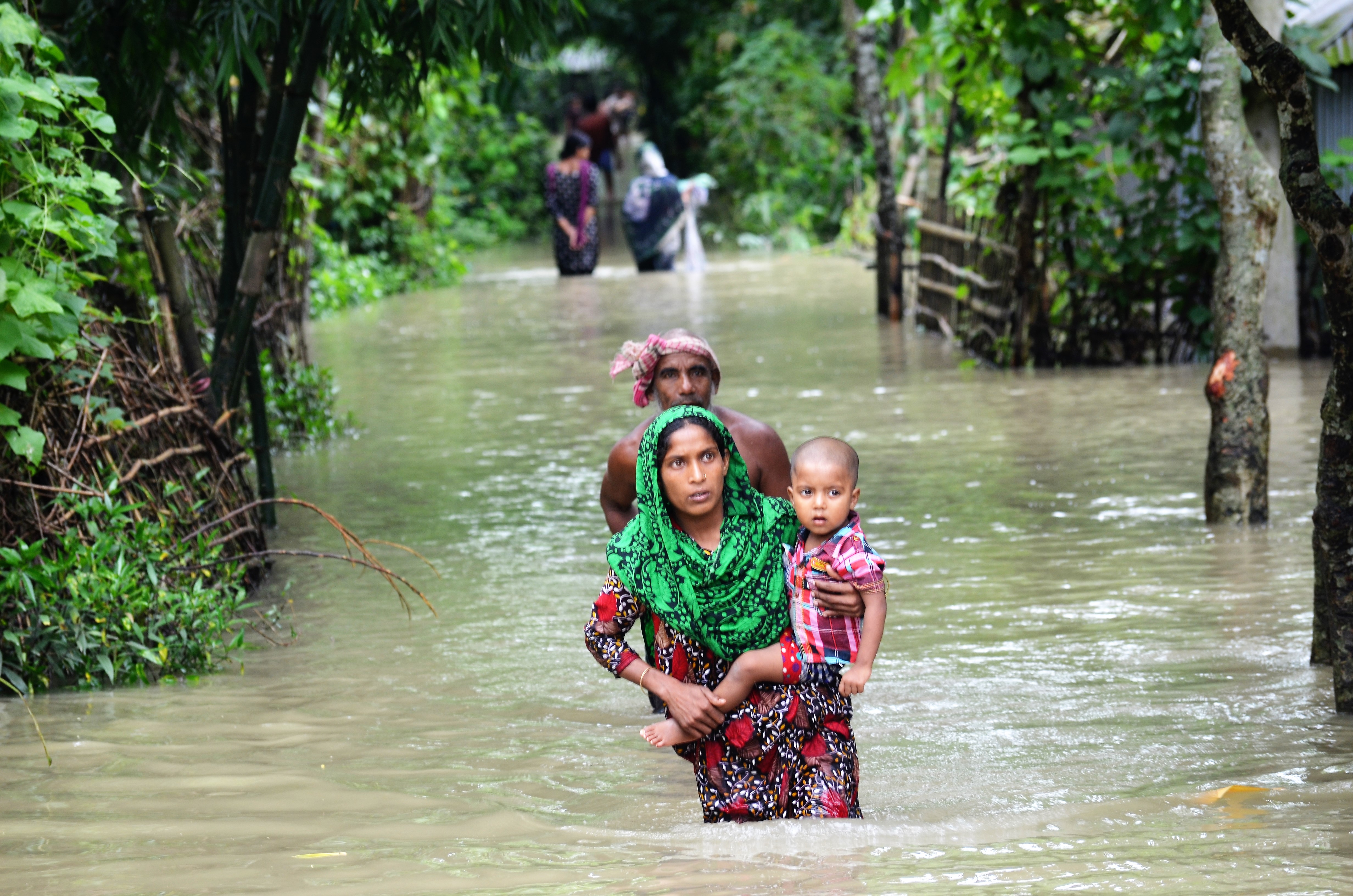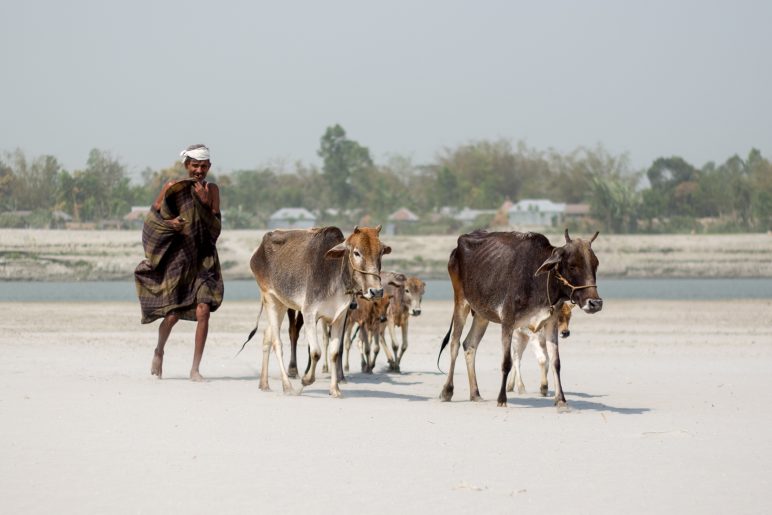[“SHARE” JUL – SEP 2018 ] BACK TO THE BIBLE
Written by: Tony Chan (CEDAR’s Senior Partnership Development Officer and Pastor)
Matthew chapters 5 to 7 documented Jesus’ Sermon on the Mount. At the end of the teaching, He invited the crowds to make a choice: Enter through the narrow gate and live faithfully according to His teachings. He pointed out the consequence of their choices (7:13-23). Jesus then told the parable of the wise and foolish builders; and the wise would put His words into practice (7:24-27).
Jesus often took reference from daily life to explain through parables about difficult teachings. From the parables of the house builders, we learn that even in Jesus’ times, people were aware of the power of the nature and would try to avoid disaster from happening. These verses are often used as biblical proof of the importance of disaster prevention. But, as we study it, let’s also look at the context of Jesus’ teaching and think how we should respond to it wisely.
In the Old Testament, the law told people how to love God according to His will, and such love, should also be practised between men. On the other hand, Jesus’ Sermon on the Mount taught disciples to love God and others sincerely without the Old Testament’s constraints. When we read the passage, we should exercise fearing and loving God, as well as observing the collective sense of it. For example, in chapter 6, when Jesus taught us to pray, “Our” and “us” appeared 9 times in only 5 verses of the Lord ’s Prayer. This indicates that Jesus expected that when we pray, we not only pray for our own needs, but to also pray for the needs of others.
“Disaster Management” is this issue’s theme. No matter where we live, urban or rural settings, we are all under the threat of natural hazards like storms, floods, and earthquakes; but in remote rural communities, people are less alert about disaster management.
In March, I went to Kurigram district, located in northwestern Bangladesh, where desertification prevails. Sand and stones have covered cultivatable farmlands. How did the farmlands become deserts? The locals said climate change was responsible for disrupting their livelihoods.
Located in the lower parts of the Ganges and Brahmaputra rivers, Bangladesh experiences seasonal floods every year due to hundreds of rivers within the country and difficulty in drainage, causing widespread flooding. Climate change has influenced the occurrence of massive floods, flood waters washed up sandstone and covered farmlands, causing desertification to happen.
Desertification heavily affected the lives of local people. Farmers lost their jobs and daily bread. The community members told us that there were two super floods in 2017 that destroyed their homes and crops, and many died or injured.

To apply Jesus’ teaching, first, we should thank God for giving “us” our daily bread. But “us” includes more than those who dine with us. It includes every one of God’s children – as well as people living in developing countries.
We can take action to help our neighbours by praying, concerning, and donating. More importantly, we must change our behaviours. Stop all bad practices that intensify the impact of climate change and hurt the poor. Jesus’ parable teaches us that only an ignorant person would ignore the magnitude of natural hazards. We, who live in developed settings, are hurting the environment and the poor for our own advantages. This article and people’s experience in Kurigram help us realise that when we exacerbate climate change, we are exploiting others’ well-being, and taking away their daily bread.
Brothers and sisters, let us practise faithfulness daily and be mindful of the collective essence of Jesus’ teachings that we should also be mindful of those affected by climate change. Start with behavioural change, do some of the followings to ease the changing climate:
|





